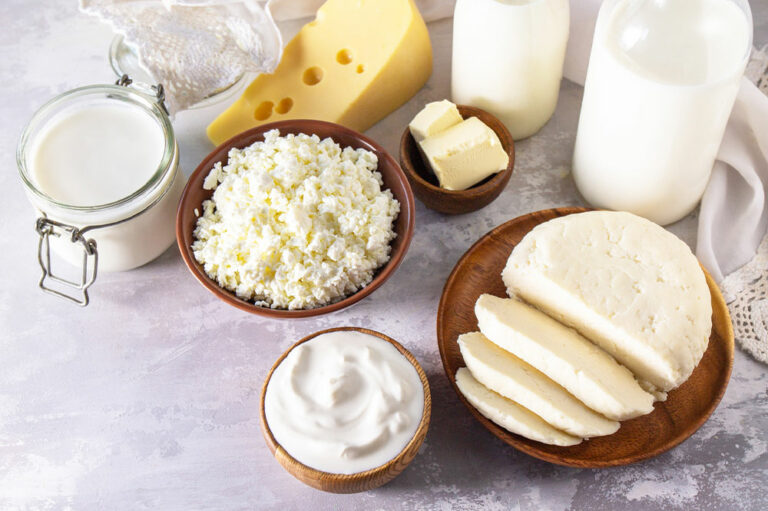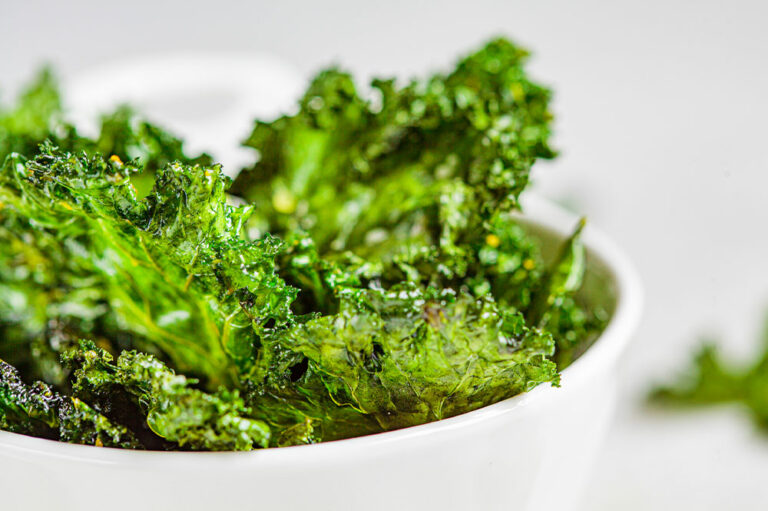
6 Peeing Mistakes to Avoid for a Healthy Bladder
Your bladder is an integral part of your body that deserves the utmost care. Maintaining a healthy bladder is a prerequisite for proper urinary function and overall well-being. Nevertheless, some common mistakes while peeing can damage an individual’s bladder and lead to various health problems. Therefore, in this article, we will discuss six pee-related mistakes that you need to sidestep to ensure a healthy bladder. So, let’s learn more about them. Not peeing when needed One of the most common pee mistakes people make is holding it in when they need to go. Whether you’re at work, on a long road trip, or just don’t want to move from your couch, ignoring the urge to pee can harm your bladder health. For example, holding in urine can cause your bladder to stretch beyond its capacity, leading to bladder infections, kidney damage, and incontinence. The preferable thing you can do for your bladder health is listen to your body and go when needed. If you’re in a circumstance where you can’t access a restroom right away, try to find ways to distract yourself or use relaxation techniques to help you hold on until you can go. However, it’s important not to hold in your urine for extended periods habitually.
Read More 










